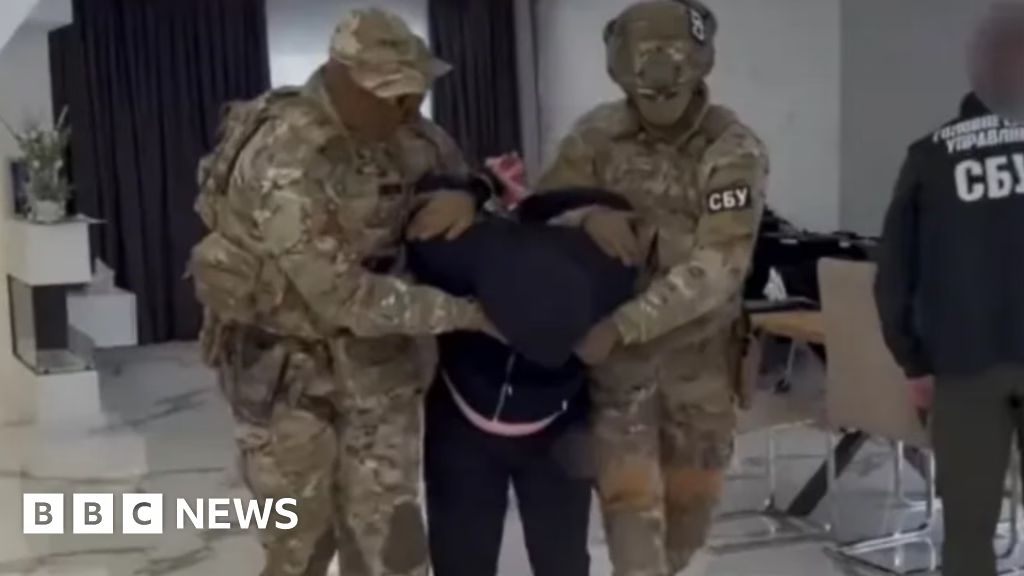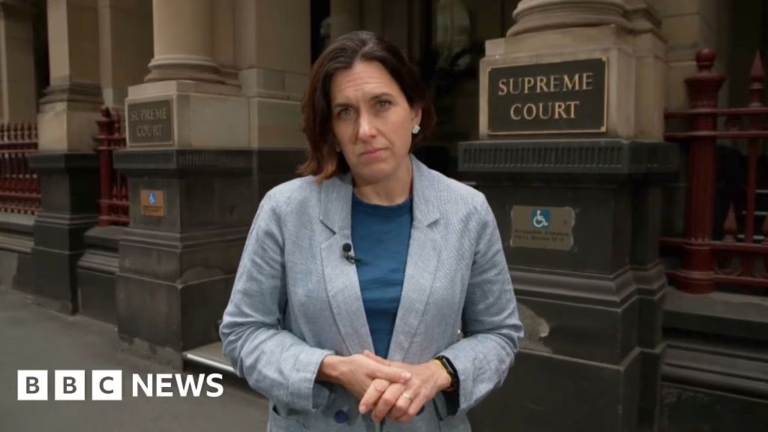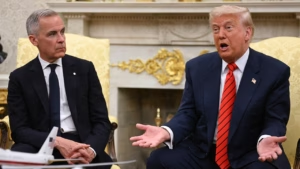In a conflict marred by diplomatic and political tensions, the relationship between Ukraine and Hungary has reached a low point following accusations of spying, arrests, and mutual expulsions of diplomats. The situation revolves around Hungary’s Fidesz government, under Viktor Orban, using the dispute to target his political rival, Peter Magyar leading the Tisza party, which is favored in the polls ahead of the 2026 elections. Ukraine has accused Hungary of employing military intelligence services and preparing for military action, allegations supported by video and audio evidence. Hungary responded by expelling Ukrainian diplomats and accusing a Ukrainian citizen of espionage. The Orban government, which has been critical of the EU’s stance on Russia, also distributed a questionnaire to Hungarian households inviting them to reject Ukraine’s EU membership. Orban’s critics view his “peace mission” to capitals including Kyiv and Moscow as a means to endorse Russian aggression. This is in stark contrast to Hungary’s humanitarian efforts, where initiatives like the medical aid provided by Roland Tseber, a Hungarian politician, contrast with the government’s anti-Ukrainian actions. Tseber, labeled a “terrorist” and “Ukrainian spy” by the Fidesz party, contests these accusations as baseless. The situation has left the Hungarian community in Ukraine, already dwindling from just 150,000 to around 70,000, caught in the diplomatic crossfire. Former Hungarian Chief-of-Staff Romulusz Ruszin-Szendi, now with the Tisza party, also faces allegations of contact with Ukrainian intelligence from government-controlled media. Leaked speech from 2023 reveals Hungary’s Defence Minister, Kristof Szalay-Bobrovniczky, discussing a shift away from peace towards preparation for “phase zero of the road to war,” aligning with the government’s pro-Russia stance and resulting in the dismissal of experienced officers like Ruszin-Szendi.
Source: https://www.bbc.com/news/articles/c3wd94jxyjxo









